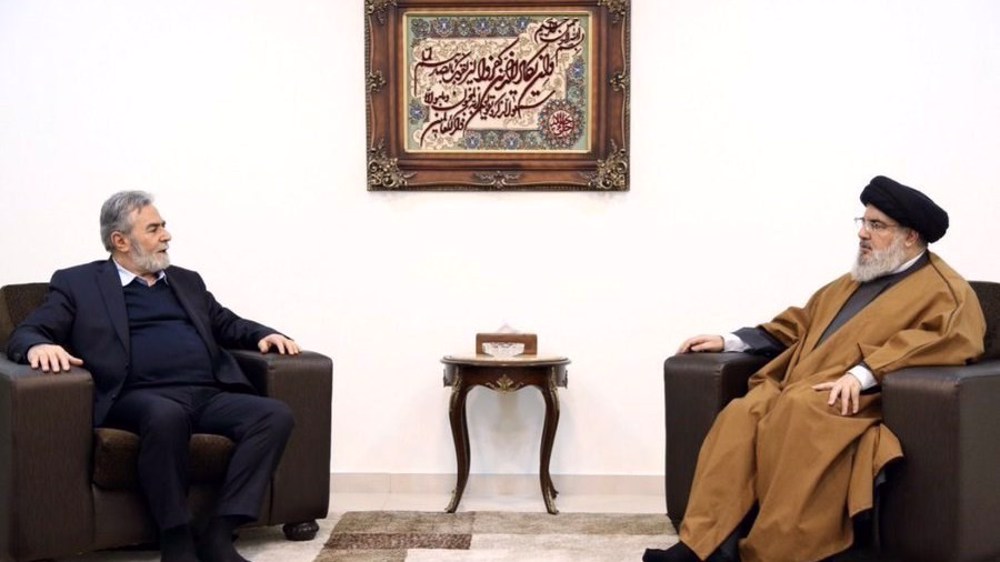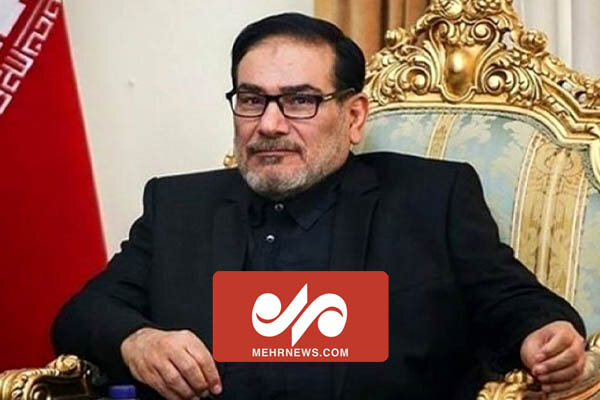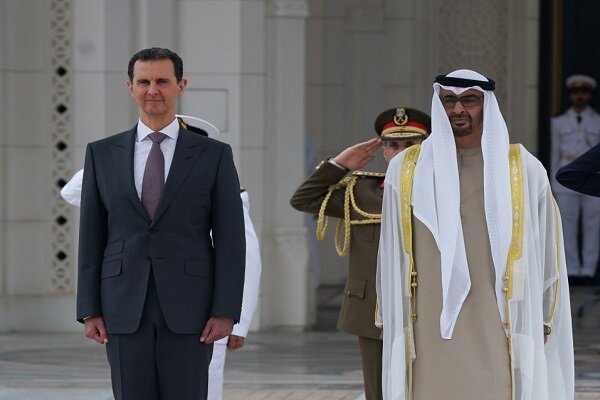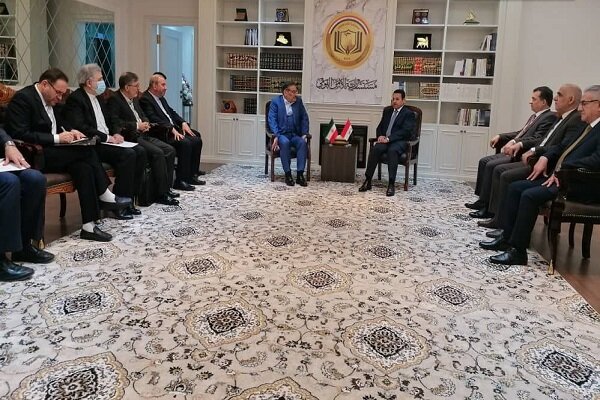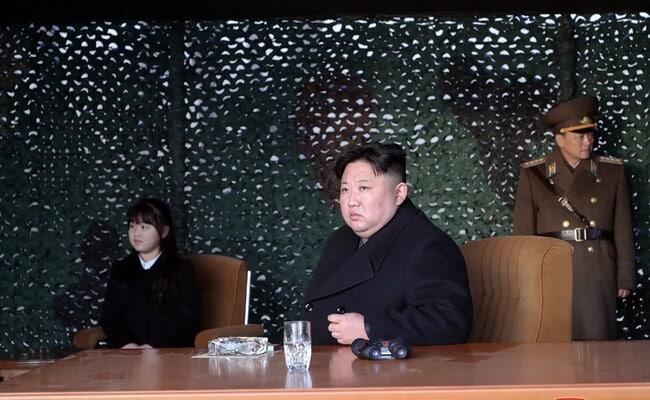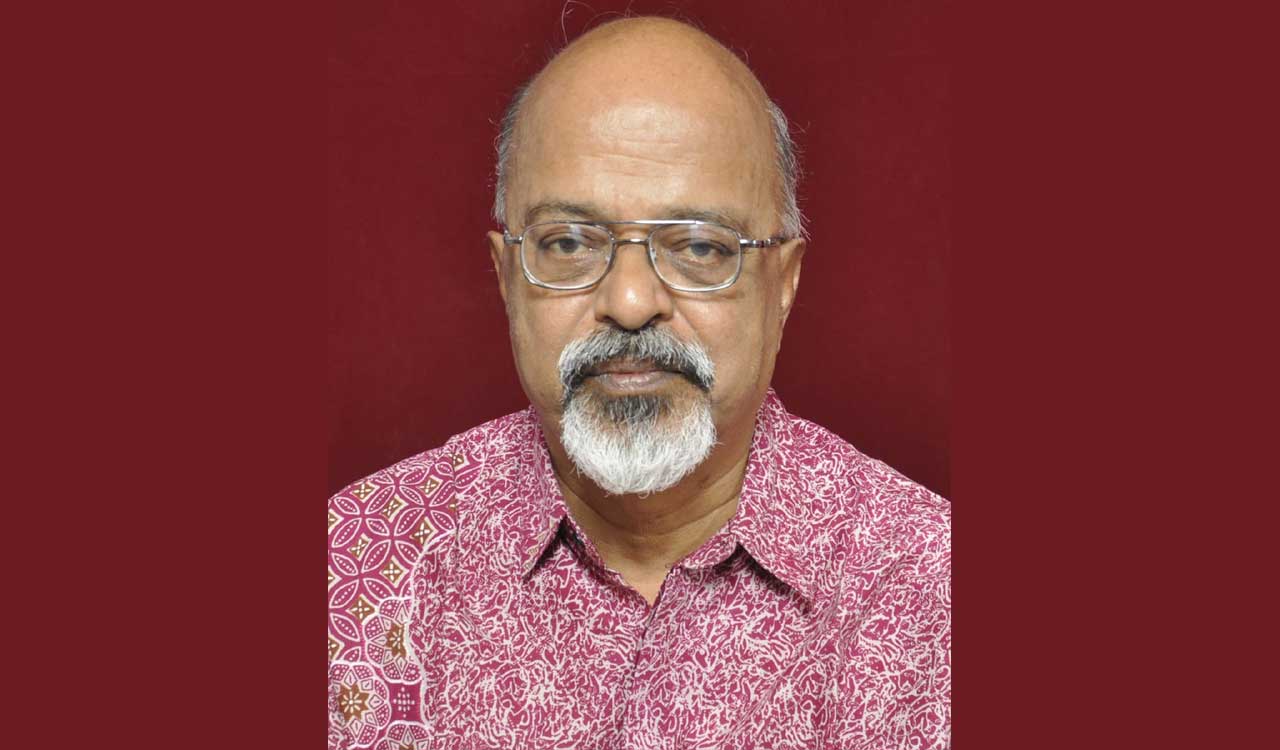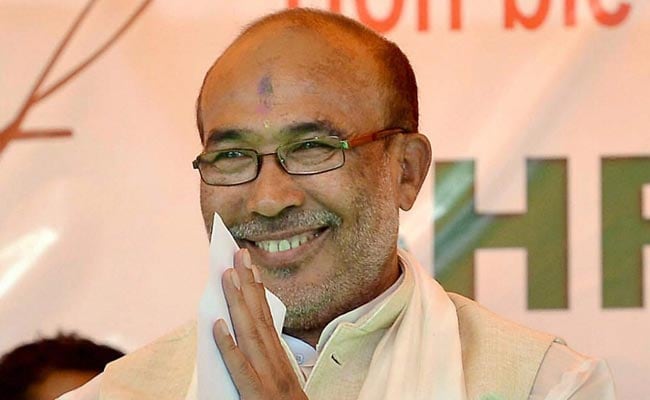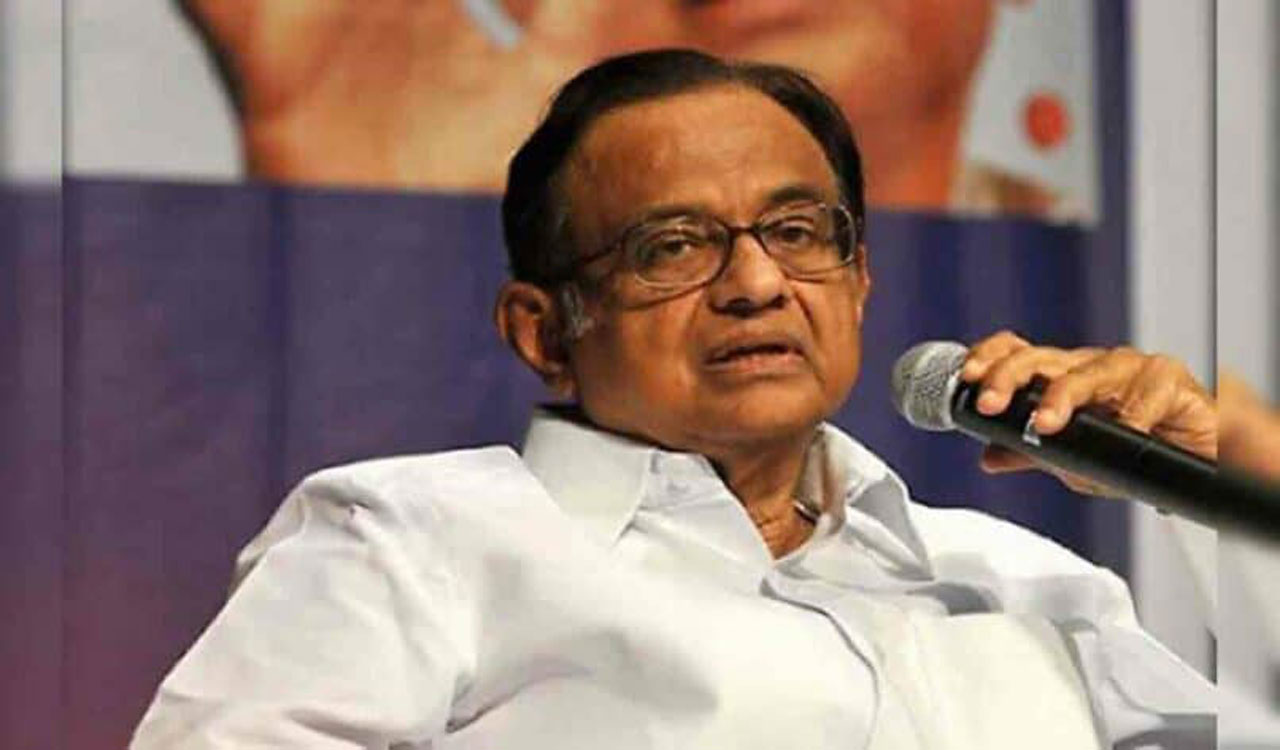Parliamentary Standing Committee has taken note of the high air fares charged by some airline operators in the domestic sector
Published Date – 07:06 PM, Sat – 18 March 23
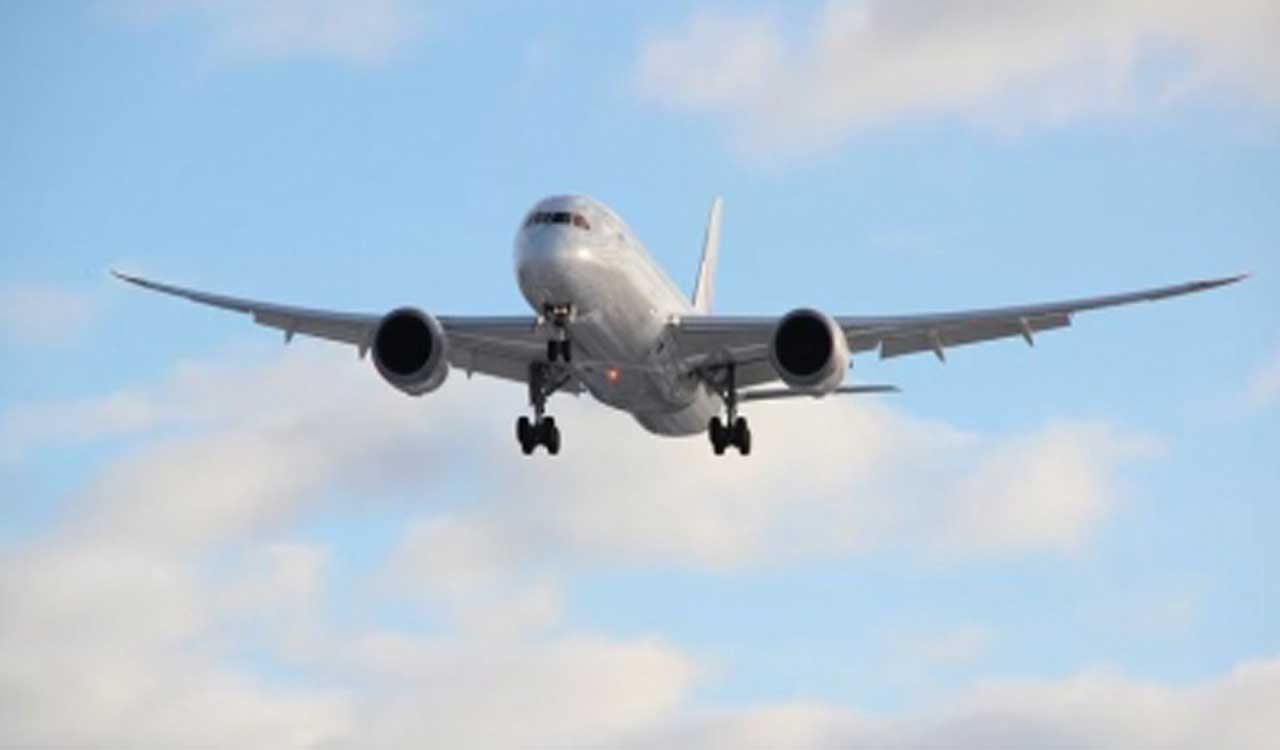
New Delhi: A Parliamentary Standing Committee has taken note of the high air fares charged by some airline operators in the domestic sector, and held that they are misguiding the public and forcing passengers to pay more.
The Committee also pointed out the wrong information published by the private airlines on their websites, regarding the number of seats left in the flight and the prices of the tickets.
“The level of misinformation can be gauged from the fact that even after the last tickets have been sold, the same number of seats show on the website, as indicated before the tickets sale. This indicates that airline operators are misguiding the public and forcing passengers to pay more,” the panel said in the Demand for Grants (2023-24) report of the Civil Aviation Ministry.
In view of the above, it recommended that the Ministry should formulate appropriate guidelines regarding rationalisation of fares and publishing the correct information on the website of the airlines.
It also pointed out that ‘Predatory Pricing’ is being restored to by the domestic airlines sector. “A particular airline may sell its air tickets at such a low level, that other competitors cannot compete and are forced to exit the market. A company that does this will see initial losses, but eventually it benefits by driving competition out of the market and raising its prices again,” said the report.
The Committee desired to know whether aviation regulator, the DGCA had at any point of time intervened to check the fares of air tickets. It also expressed concern at the fact that in the domestic sector, private airlines are charging different fares for the same sector, route and same direction of flights.
This is specifically so for the northeastern region and hilly areas including Jammu & Kashmir and Ladakh, where the prices of domestic sector tickets are, sometimes, even more than the international airline sector prices.
The Committee took note of the fact that after the repeal of the Air Corporations Act, 1953, the airfare is market driven and depends on market fares, and is neither established nor regulated by the government.
“It notes the DGCA’s comments that the airfares were regulated for a fixed period during the Covid pandemic in compliance with Aircraft Act, 1934 and the regulation was withdrawn as the Covid pandemic abated and that airlines are free to fix reasonable tariffs under the Aircraft Rules, 1937, with regard to cost of operation, services, reasonable profit and generally prevailing tariff,” said the report.


